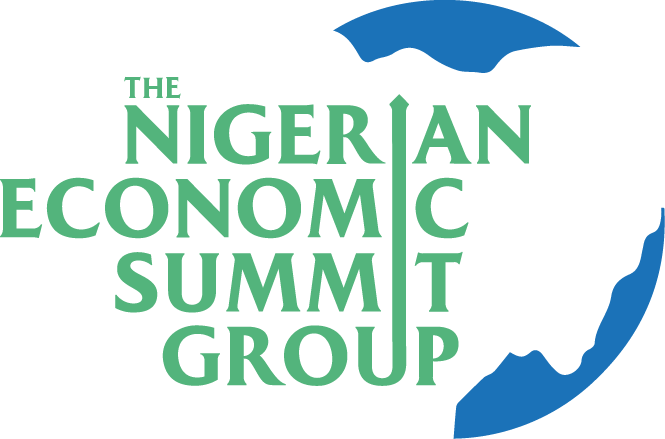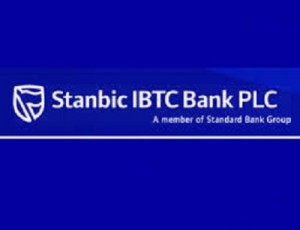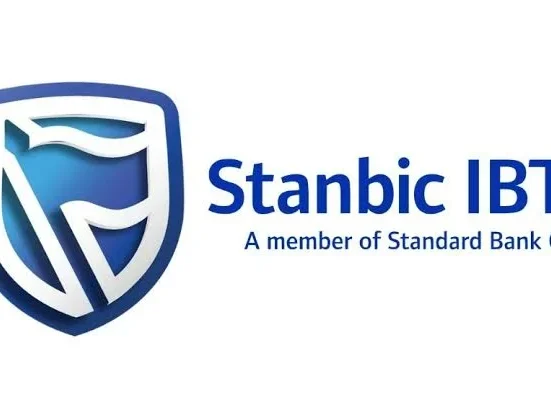A new report released by the Nigerian Economic Summit Group (NESG) in partnership with Stanbic IBTC Bank shows that Nigerian businesses are growing more confident about the future, even as they continue to face major hurdles such as poor electricity, high rent, and limited access to finance.
According to the April 2025 edition of the Business Confidence Monitor (BCM), business activities in Nigeria improved slightly, with the overall Business Performance Index rising to +12.29, up from +6.58 in March. This marks the fourth month in a row where businesses reported a positive outlook.
What Is the Business Confidence Monitor?
The BCM is a monthly report that surveys senior managers and business owners in Lagos, Abuja, and Kano. It looks at how businesses are performing now and how they feel about the future. The report collects data from several industries like agriculture, trade, manufacturing, services, and construction.
Which Sectors Are Doing Well?
The Trade sector (which includes buying and selling) had the biggest jump in confidence, rising from just +0.51 in March to +25.12 in April. This is partly because of increased shopping during religious festivals, where people typically spend more on food, clothes, and household items.
The Non-manufacturing sector, which includes industries like construction and oil services, also improved with an index of +23.59, while Manufacturing rose slightly to +8.78.
Even the Agricultural sector, which had been struggling, bounced back to +7.02, thanks to improvements in crop production and fishing. The Services sector, including telecoms, real estate, finance, and media, had the lowest growth at +6.54, but still remained positive.
The Hard Truth: Businesses Are Still Struggling
Despite the improved numbers, the report points out several serious challenges still affecting businesses across Nigeria:
• Electricity remains unreliable, forcing many businesses to spend more on diesel generators.
• High cost of renting shops or offices is eating into profits.
• Access to loans and credit remains a big challenge, especially for small businesses.
• Foreign exchange scarcity makes it hard for businesses to import goods or plan pricing.
• Unclear government policies make it difficult for businesses to plan ahead.
These challenges are making it more expensive to run a business. In fact, the cost of doing business index increased to +51.79, showing that financial pressure is still mounting.
Looking Ahead: Cautious Optimism
When asked about the future (the next 1 to 3 months), most businesses said they are “cautiously optimistic.” The Future Business Expectation Index rose slightly to +28.98.
• The Trade sector is the most hopeful, with a score of +69.58
• Non-manufacturing follows with +48.71
• Manufacturing sits at +37.27
• Agriculture and Services are less confident, scoring +24.28 and +19.61 respectively
Many businesses expect improvements in sales, profits, and job creation over the coming months but they are also worried that rising inflation, poor power supply, and high interest rates might slow down that growth.
Why This Matters
This report gives government leaders, investors, and the general public an inside look into how businesses are feeling about the Nigerian economy. If confidence continues to grow, it could lead to more investment, job creation, and better economic conditions.
But if key problems, especially power supply and access to finance are not addressed, the progress may be short-lived.







